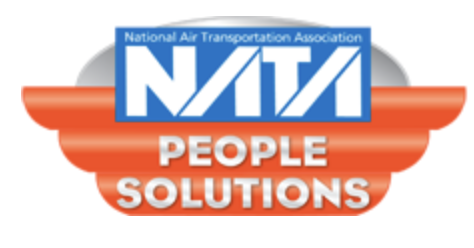Moving on Up – Tips for a Successful Promotion
Are you ready to move up to a management position or to pilot a larger aircraft? If so, Jennifer Pickerel, Vice President at Aviation Personnel International and an expert in recruiting and career development, offers the following tips.
Consider what you really want out of your next role. Pickerel suggests asking yourself what you desire in a typical day. Will you be satisfied if you’re no longer flying an aircraft or turning a wrench or dispatching flights? Or will the inevitable administrative duties that accompany a management position take away from your enjoyment of the job?
Seeking a management position for the wrong reasons – including a better title, more power, or higher salary – will almost always result in job dissatisfaction.
Inventory your current skill set and, just as importantly, ask successful leaders in a similar position what other skills you will need to achieve your goal. Pickerel says she often sees talented maintenance technicians or pilots who want to move into management but lack either the skills – or the desire – to lead others.
Seeking a leadership position without clearly understanding your own motivations probably won’t result in a long-term position and could even damage your professional reputation.
“Be sure you thoroughly understand the role you’re trying to achieve and ask yourself honestly if it aligns with your natural strengths,” said Pickerel. “Can you embolden those strengths through training and education?”
Identify ways to strengthen existing skills and develop new ones. Although many aviation organizations are small businesses where it can be difficult to gain leadership experience, volunteer opportunities can help develop the necessary skills. Within your company, for example, ask to be a member of the safety committee.
“Volunteer roles are a good way to try leadership and management roles on for size,” said Pickerel.
Volunteer opportunities outside of your organization can also help you hone your leadership skills and demonstrate those skills to employers. Volunteering with aviation-related organizations is great – but even experience with non-aviation related groups provides valuable learning opportunities.
Take initiative and seek out learning experiences. If you’re a pilot looking to upgrade your position or aircraft, offer to help with a task outside your normal role, like on-boarding a new aircraft or planning a complicated trip. Anticipating needs is another way to show you’re ready for an upgrade. For example, if you notice the same issue arises on every trip to a particular airport, point it out and offer a practical solution before the next flight.
“When these things are done in a genuine way, management takes note,” said Pickerel. “They demonstrate an employee with a desire for knowledge and natural curiosity versus a person who just waits to accumulate a specific number of hours and then expects an upgrade.”
In general, Pickerel urges aviation professionals to be advocates of their own careers.
“You have more control over your career than you might think,” she said.

